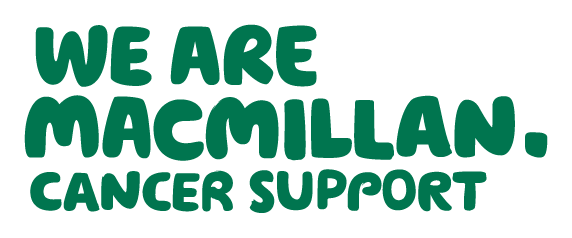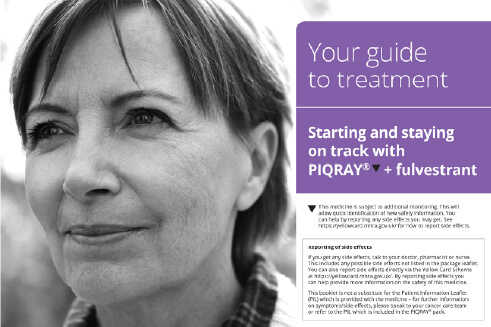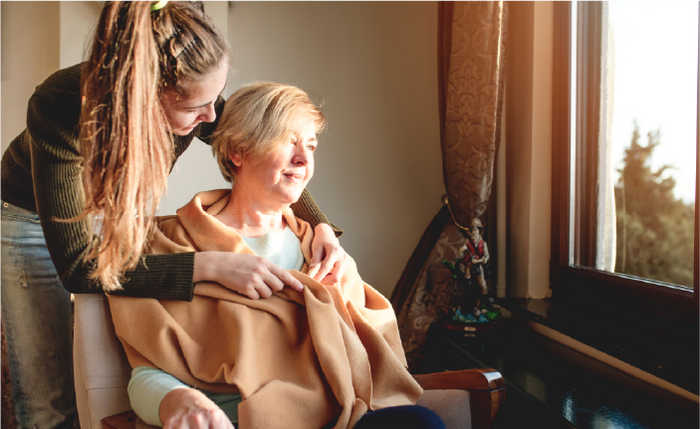
PIQRAY®▼ (alpelisib)
Talking with people about your aBC can be difficult, but there are some things that you can do to help to make things easier
CTA
Learn more >

PIQRAY®▼ (alpelisib)
We all need help and support from those around us. Not only are you managing your disease and your treatment, but you’re also managing your day-to-day life
CTA
Learn more >

PIQRAY®▼ (alpelisib)
There are dedicated charities that offer both practical and emotional support to patients with aBC. Find out how they can support you
CTA
Learn more >








